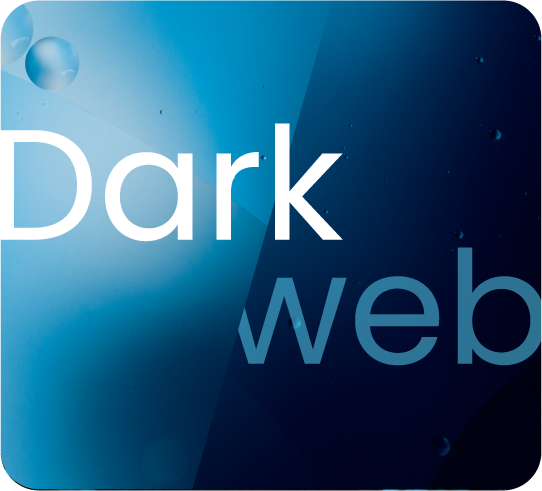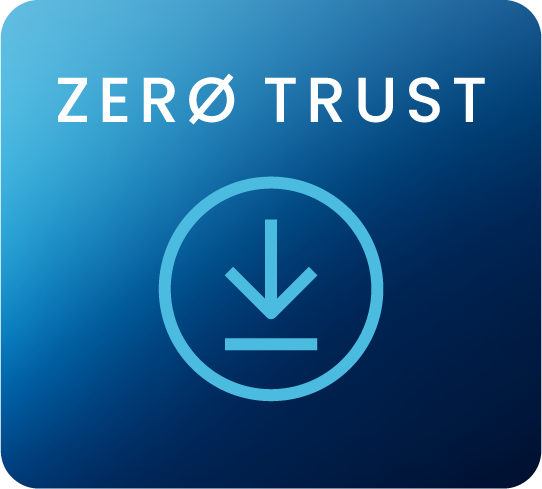Key Concerns for Business Owners Rolling Out AI (Like CoPilot)

AI tools like Microsoft CoPilot offer immense potential for businesses, from streamlining operations to enhancing decision-making. However, jumping into AI without careful planning can lead to missteps that may undermine its value. To avoid common pitfalls, business owners need to think beyond the initial installation and focus on managing risks and preparing their teams. Here’s what to consider before introducing CoPilot—or any AI—into your business.
When your sensitive data surfaces online, you need to know first

Ever wondered where lost data or stolen credentials end up? The dark web—an unregulated corner of the internet often associated with cybercrime—is a marketplace for stolen information. For businesses, failing to monitor the dark web can mean missed warning signs of data breaches and potential exposure to criminal threats. Let’s dive into why dark web monitoring matters and how it can help keep your company safe.
Paranoia can be your best asset—if it’s Zero Trust

In a Zero Trust model, trust is a privilege that has to be earned, repeatedly. It’s a simple but profound rule: assume that every user, every device, and every connection is potentially hostile until verified otherwise. Unlike traditional security that trusts the network perimeter, Zero Trust keeps your data safe by continuously verifying each access request. It’s about making sure that only the right people and devices get the right level of access, every single time.
Protecting Business Data in the Palm of Your Hand

As more employees use mobile devices to access company resources, protecting business data on these devices has become essential. With solutions like Microsoft 365’s Basic Mobility and Security and Addigy for Apple, companies can establish secure, managed access across iOS, Android, and Windows. MDM policies allow businesses to protect data on both personal and company-owned devices, offering critical safeguards wherever work happens.
If you don’t trust anything by default, you have a massively reduced attack surface

In today’s complex digital landscape, applications are everywhere. From cloud-based systems to third-party services, applications are vital to modern business operations. However, every application represents a potential gateway for cyber threats if not properly secured. This is where Zero Trust principles come into play, ensuring that even trusted applications are continuously verified.
Do you know if anyone is currently inside any of your teams’ email accounts? Seriously?

Business Email Compromise (BEC) is one of the most financially damaging cyber threats out there today. Despite its simple nature, it has cost businesses billions globally. Even the most tech-savvy organisations can fall victim to these sophisticated scams. But what exactly is BEC, and why should it matter to your business?
The easiest way for an attacker to gain access to your business

Managing passwords is considered awful and most people put their head in the sands. It’s the easiest way for someone to compromise your business and really easy to solve. We talk about why it’s so risky here.
Staying secure with your operating system could be expensive next year, have you planned for this?

Microsoft has announced that Windows 10 will reach its official End of Life (EOL) on 14th October 2025. After this date, there will be no more security updates or support for the operating system and upgrading to Windows 11 isn’t the answer in a lot of cases.
What You Don’t Know Can Hurt Your Business

Shadow IT refers to the use of technology, software, or hardware within an organisation without the approval or oversight of the IT department. While it often starts with good intentions—like improving productivity—it can expose businesses to serious risks.
The Hidden Dangers of Shared Generic Email Accounts

Shared access to cloud apps using shared or generic email accounts can lead to serious security risks. Without tracking access or updating passwords, you leave your business vulnerable to unauthorised access and cyber threats, especially when employees leave.